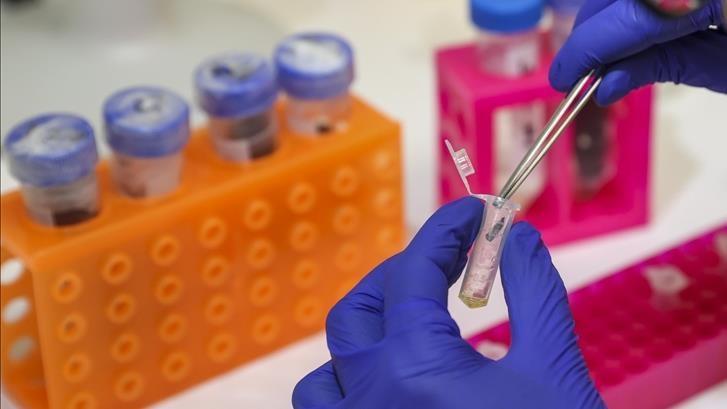
Chinese scientists have extracted cancer-fighting nuclides, atoms with a particular number of subatomic protons and neutrons, from rare earth minerals, according to state-run media.
The University of South China announced on Dec. 11 that its researchers successfully isolated high-purity lead-212 and bismuth-212 nuclides from rare earth minerals, Xinhua News reported.
These nuclides are recognized for their potential in targeted alpha-nuclide therapy (TAT), an emerging treatment for various cancers, including breast, pancreatic, and prostate cancers, the university stated.
The research team developed and validated an efficient, low-cost method for separating lead-212 and bismuth-212 nuclides in a halide medium.
This process involves the use of a novel adsorbent material, a “silica-supported anion exchange resin,” the report added.
According to the report, this method achieves adsorption speeds over six times faster than traditional resins, offering significant advantages in isolating short-lived nuclides.
The team has also applied for the national invention patent for the findings, which have already been published in several international journals and is now working on extracting additional nuclides, including radium-228, thorium-228, and radium-224.